INTERVIEWS
Kimberly Murray
Interviewer: Marcela Torres Molano
Language of interview: English
Country of practice: Canada
Profession: Independent Special Interlocutor for Missing Children and Unmarked Graves and Burial Sites associated with Indian Residential Schools
Kimberly Murray is the special interlocutor for missing children and unmarked burials at the Mohawk Institute. She has worked with restorative justice since 1995, including her role as a lawyer for the aboriginal legal services in Toronto. According to Murray, a real process of Indigenous restorative justice cannot take place in a traditional courtroom since this type of space perpetuates colonial forms of power and lacks a proper relation to the land and the people. Thus, for any true reconciliation to occur, legal structures such as courts need to recognize their ongoing role in the colonization and genocide of Indigenous people in Canada.
During our conversation, Murray discusses her role as an advisor for the creation of the Indigenous Learning Centre located inside the new Toronto Courthouse. Among other topics, she explains the relation of the project with the Truth and Reconciliation principles, the struggles and requirements of having a medicine garden in the building, the importance of a direct visibility and accessibility with the land and the people, and the vital role of elders for the design and the use of traditional medicine. She highlights how the center had to be located on the ground floor, and she also explains the spatial relation with the public square located in front of the building, a space that will house the residential schools’ commemorative monument.
Further, Murray talks about some valuable spaces used for Indigenous restorative practices and how they prioritize their relation with the land. She explains how traditional courts are not proper spaces for Indigenous restorative purposes since they are using conventional spatial design that maintains the hierarchies of power. One of her advice to challenge this current situation is that any space created for Indigenous reconciliation must include the guidance of Indigenous architects and Indigenous elders during the entire design process.
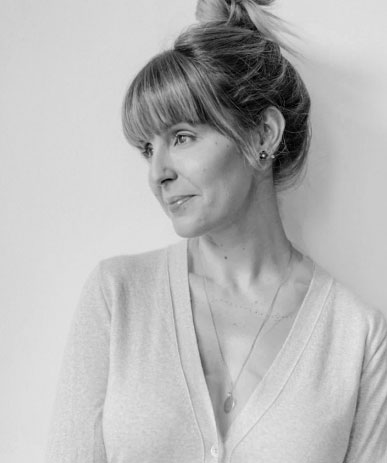
is an author, speaker, columnist, and podcaster in the fields of architecture and decorative arts. She is completing her MA in Art History at Concordia University, Montréal, and holds a Bachelor of Commerce with a major in Marketing from John Molson School of Business. She studied Industrial Psychology in Los Angeles, California. Sicotte is the author of two published books on design (2015, 2018) published by Les Éditions Cardinal.
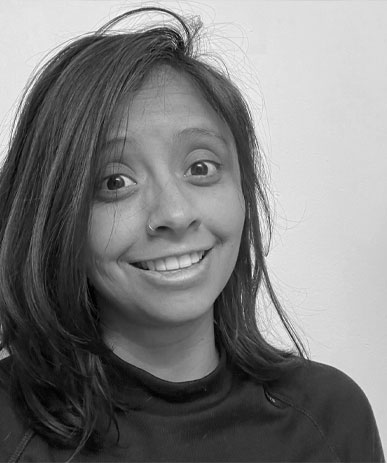
is a Colombian PhD candidate in the Department of Art History at Concordia University. She has a background in architectural design and community activism and holds a master’s degree in Building and Urban Design from the Bartlett School of Architecture in London, England. Her interests focus on socially-engaged art, social movements, collaborative activism in post-conflict scenarios, collectively-produced art, and art produced in relation to the built environment.
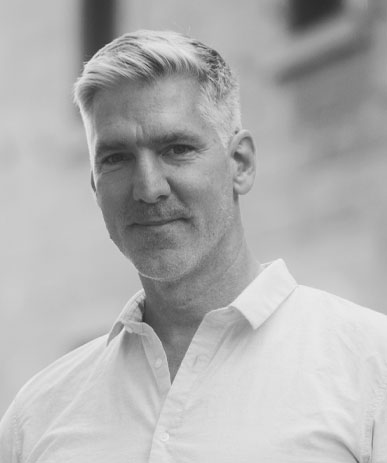
is a PhD candidate in Humanities at Concordia University. His research focuses on spatial agency, social aesthetics, youth narratives, and graphic representations of urban memory. He has published on the relationship between children, play, and public space in Cartagena, Colombia. He has also worked as an editor on literary projects, including Territorio Fértil, which received the María Nelly Murillo Hinestroza award for Afro-Colombian literature.
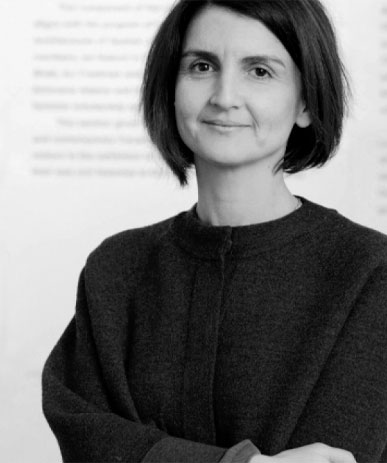
is Associate Professor and Canada Research Chair in Architectures of Spatial Justice (Tier 2) at the Peter Guo-hua Fu School of Architecture at McGill University, Montréal, Québec, Canada. Her research interests include low-income housing and participatory design, civil protest and urban design, and campus landscapes and race. Her publications include the co-edited book, Orienting Istanbul (2010) and solo-authored book, Istanbul Open City (2018).
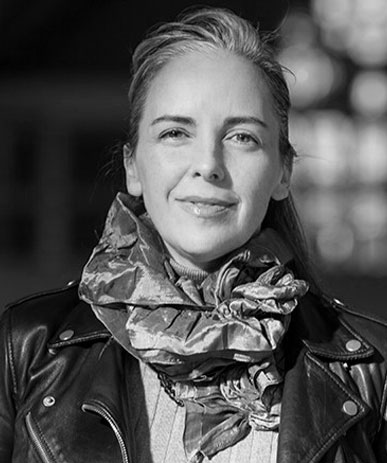
is an artist and a professor of Art History at Concordia University. Her work focuses on women and the history of the built environment, urban landscapes, research-creation, and oral history. She has published on the spatial history of the suffrage movement, public art, gardens, and the politics of urban change. In addition to her research on the spaces of restorative and transitional justice, she is leading an oral history project on the urban memories of diverse Montrealers.
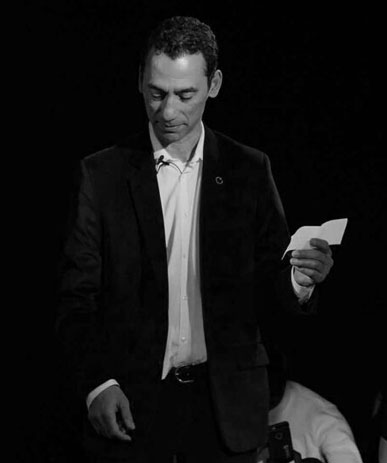
is Associate Professor in the Department of Theatre at Concordia University, Montreal (Quebec, Canada). He is also the second co-director of Concordia’s Centre for Oral History and Digital Storytelling. His latest publications explore listening in the context of post-conflict performances of memory. For instance, see ‘Facilitating voicing and listening in the context of post-conflict performances of memory. The Colombian scenario.’ In: De Nardi, S., Orange, H., et al. Routledge Handbook of Memoryscapes. Routledge: London. (2019), and his article ‘Not being able to speak is torture: performing listening to painful narratives’. International Journal of Transitional Justice, Special Issue Creative Approaches to Transitional Justice: Contributions of Arts and Culture. (March, 2020)